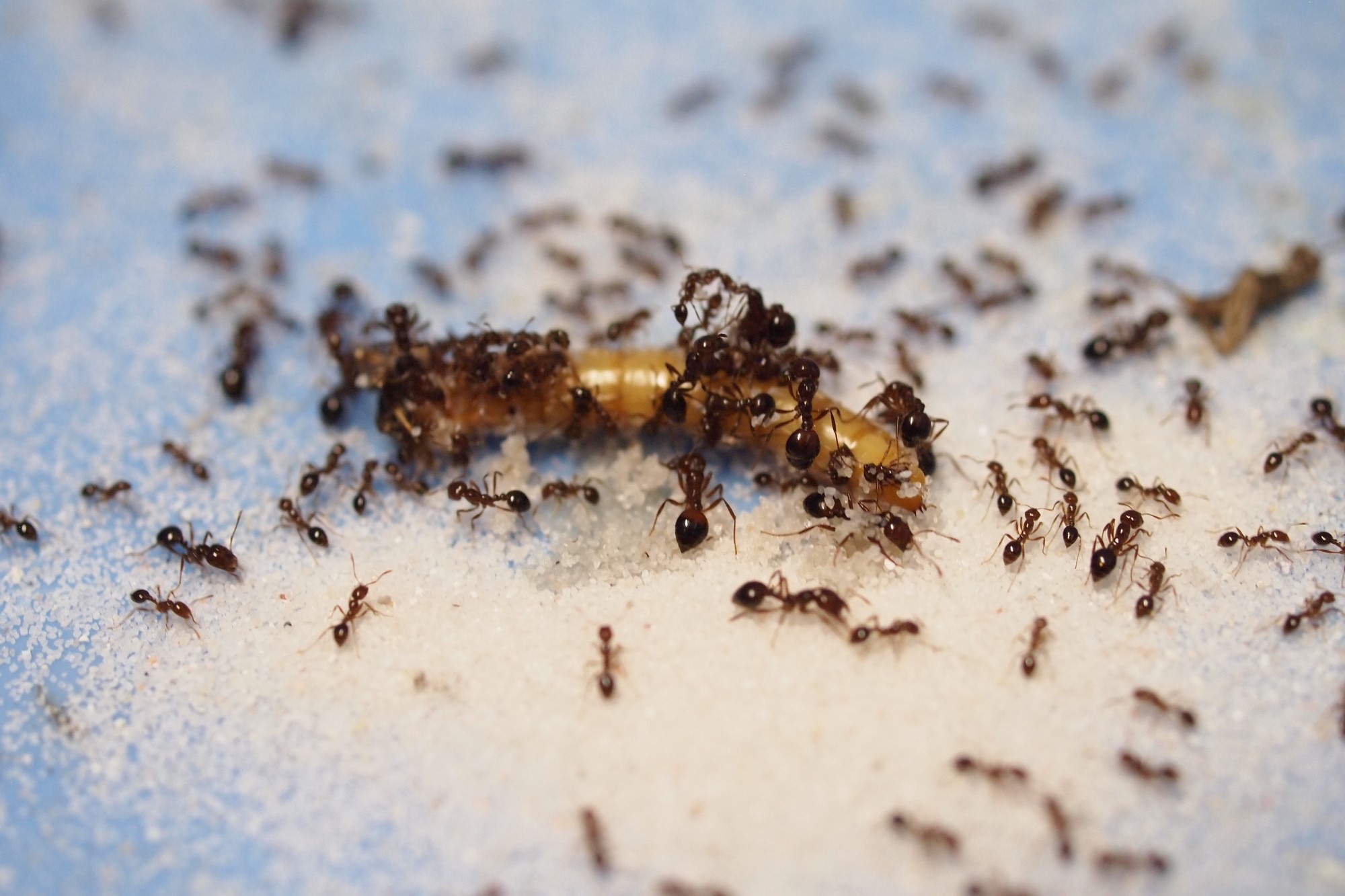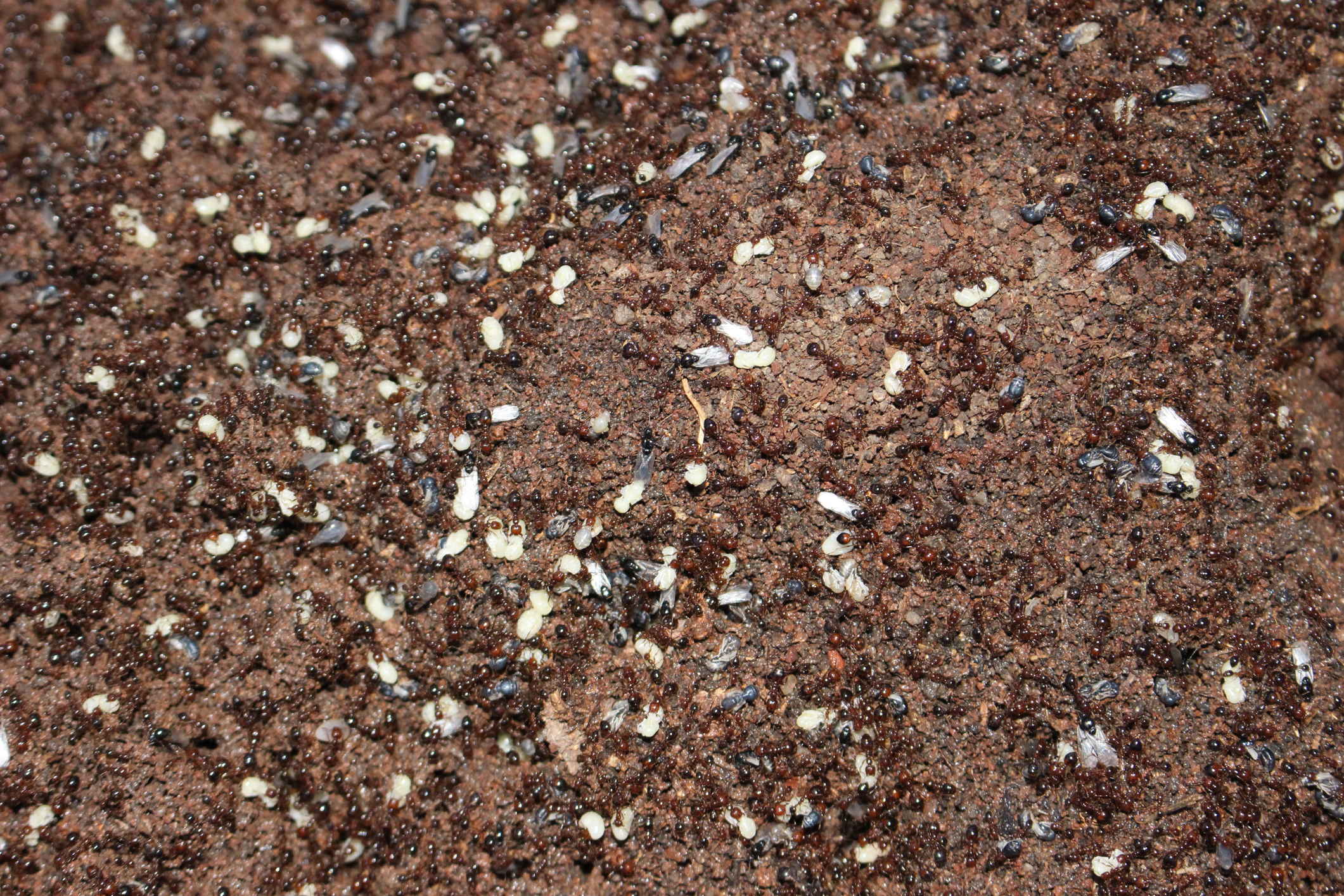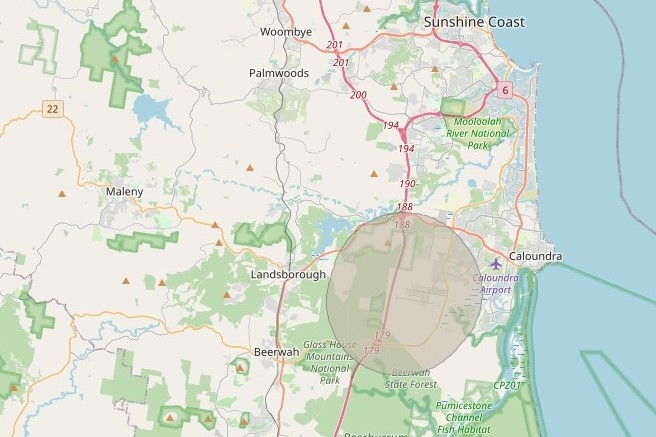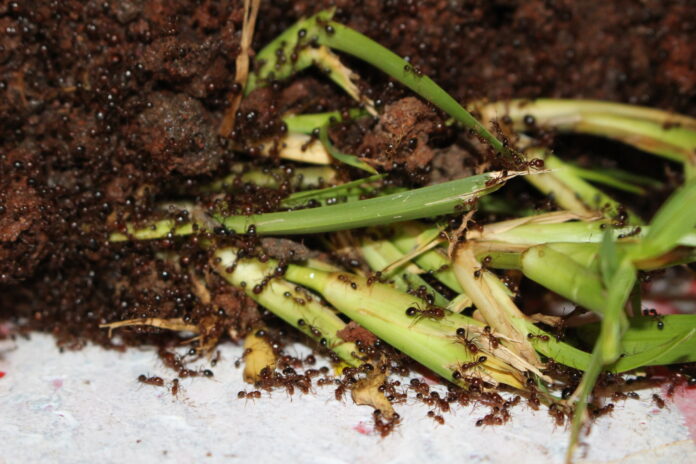The threat of fire ants on the Sunshine Coast appears to have eased, at least for now, with no reported sightings during the past three weeks.
The promising news comes after concerned residents met with the agency tasked with eradicating the invasive insects.
Thirteen nests were found within the Aura suburbs of Nirimba and Banya, and a further three nests were discovered at Currimundi last month.
But there have been no official sightings of the creatures in the region since.
The National Fire Ants Eradication Program has conducted eradication activities, including intensive treatment and surveillance up to 5km out from detection sites. Meanwhile, an investigation of some nests in the hinterland revealed they do not belong to fire ants.
Compliance and tracing investigations are ongoing to determine how fire ants broke containment lines and moved to the Sunshine Coast.

An NFAEP engagement officer was recently invited to speak to residents at a community meeting at Aura.
The engagement officer spoke about fire ants, their impacts and eradication efforts.
The officer provided attendees with a summary of the detection in the area and asked locals to look for and report fire ants and adhere to fire ant biosecurity zones and associated movement controls.
Michelle Price, from community group Aura Connected, said the vibe at the meeting was “positive”.
“We heard that 13 local nests had so far been destroyed (in Aura),” she said.
“They (the NFAEP) need residents to keep an eye out for new nests.
“The spokesperson handed out flyers which show what the ants looks like, and the precautions which can be taken to stop the spread of fire ants.”
State MP Jason Hunt, federal MP Andrew Wallace and representatives from Sunshine Coast Council also attended the meeting.

A council spokesperson said locals, including council staff, should be vigilant.
“Fire ants can have devastating impacts on our environment, economy, human and animal health, and our outdoor way of life,” they said.
“Council is helping to inform and educate the community on fire ants, their potential impacts and the importance of vigilance in the community.
“We are also working to ensure council staff are trained to spot and report fire ants, to reduce risks of their spread.
“We urge all our residents to learn how to identify fire ants, check their properties and report any suspected nests online or by calling 13 25 23.”
Mr Wallace echoed other LNP party members’ call for more action and said he was “frustrated” by the situation.
“I’m concerned about the increasing threat posed by the fire ant infestation,” he said.
“An uncontrolled outbreak could see billions of dollars wiped from agricultural production, community facilities shut-down, injured residents driving up demand on our GPs and emergency clinics, and lives and livelihoods put at risk.
“Imagine a Sunshine Coast where beaches are closed, school ovals are shut, pets are locked inside, and fields of produce are contaminated.”
The NFAEP has established biosecurity zones, counter measures and engagement and awareness campaigns.
Its spokesperson said all Australians had a shared responsibility to counter fire ants.
“Fire ant biosecurity zones apply to anyone dealing with organic materials that can carry fire ants, sourced from within the zones,” they said.

“This includes soil, hay, mulch, manure, quarry products, turf, potted plants and cotton, and applies for both individuals and businesses.
“We encourage everyone sourcing organic materials to check where they come from and ask if their supplier has followed fire ant safe practices.
“Working together is key to eradicating fire ants and we would like to thank the local council and community for continuing to support the eradication effort.”
Meanwhile, an investigation of nests in the Sunshine Coast hinterland found that they did not belong to fire ants.
A social media post had fueled speculation that fire ants could be present near Maleny, but the NFAEP has since confirmed that the nests there did not belong to fire ants.
For further details on fire ants, including what to do if you believe you have found some, see NFAEP.
Do you have an opinion to share? Submit a Letter to the Editor at Sunshine Coast News via news@sunshinecoastnews.com.au. You must include your name and suburb.





